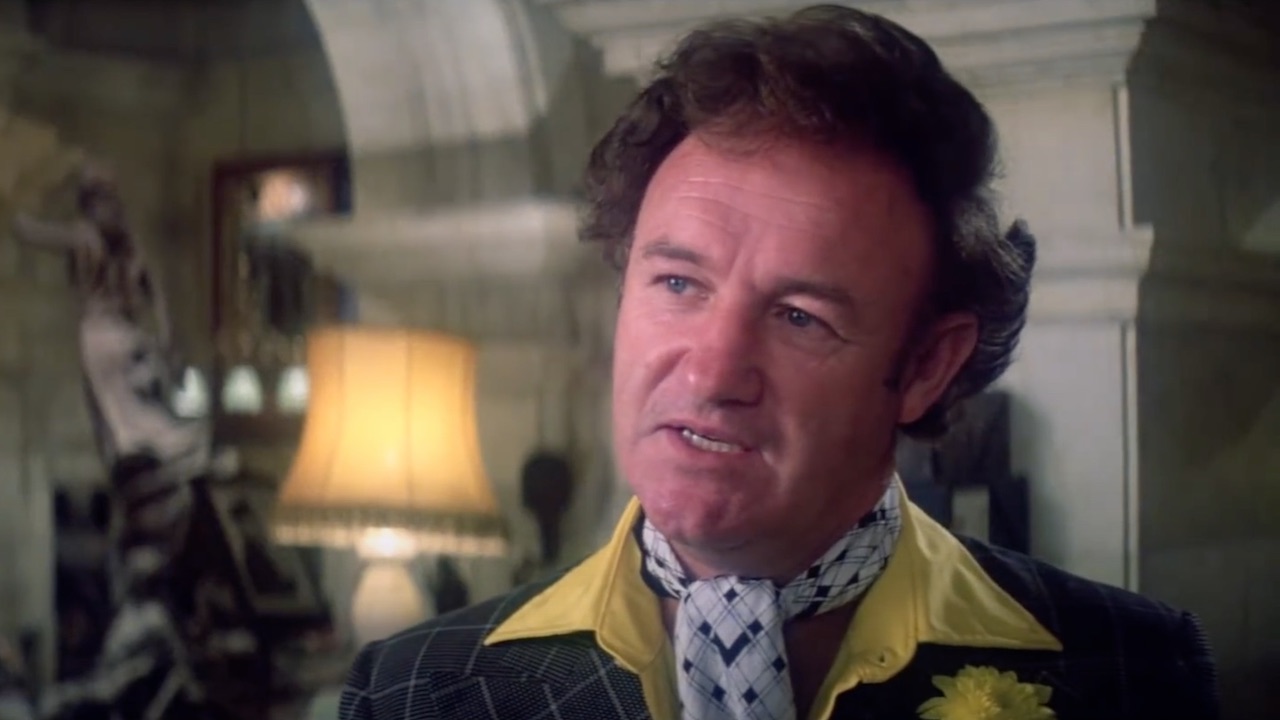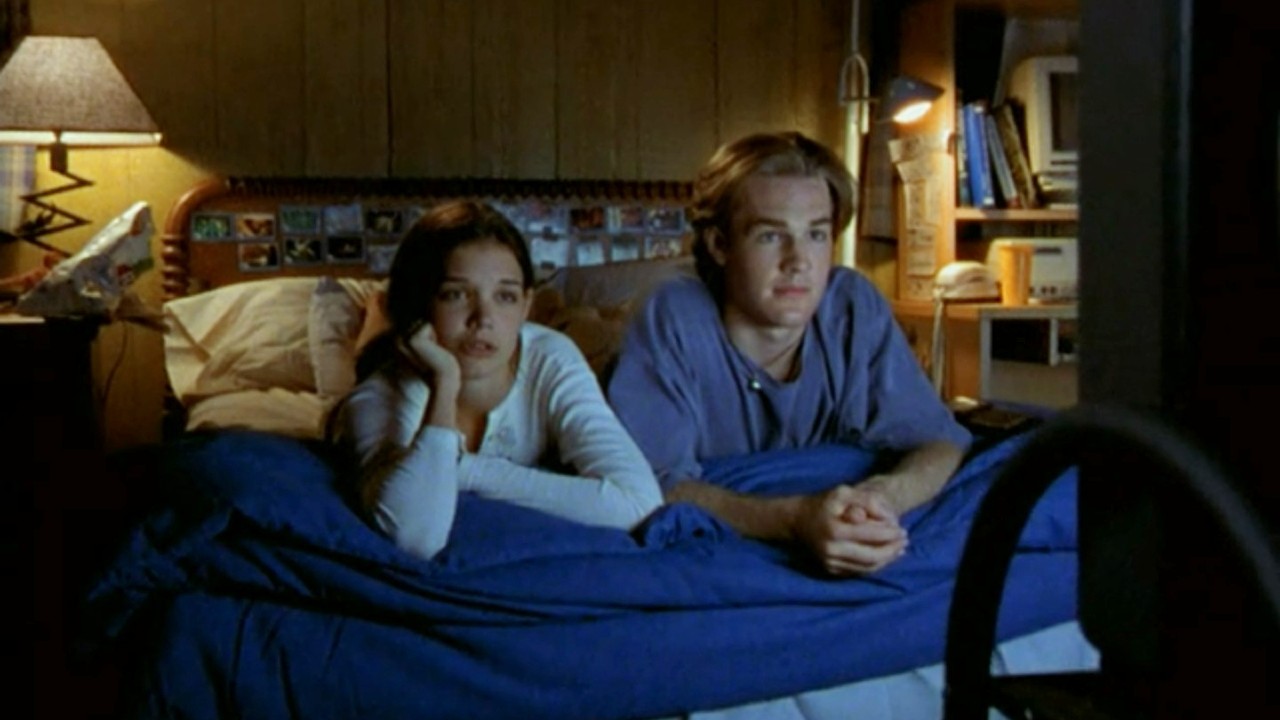
To paraphrase Sir William Wallace, every movie dies. But not every movie lives. It costs a lot just to release a film, let alone promote it. Those efforts are sometimes shirked for a chance to make a quicker, cheaper buck. In today’s age of rampant straight-to-DVD markets, that dollar has grown smaller, but only because so many more people are chasing it. But before the days where details of a movie would be everywhere during filming, movies were being filmed and held from release all the time. One such occasion for this was 1994’s The Fantastic Four.
Marvel foolishly sold the film rights to their characters in the seventies and eighties, and their licenses were abused for several cheap attempts at bringing the characters to the big screen. What resulted was efforts like Albert Pyun’s micro-budget Captain America and Mark Goldblatt’s (actually pretty cool) direct-to-video The Punisher - not to mention aborted attempts like Cannon’s Spider-Man, which was allegedly in the hands of Invasion U.S.A. director Joseph Zito. But when Roger Corman was granted the Fantastic Four property he was given a serious timeline to stick to, as Constantin Films was due to lose the rights to Marvel’s First Family unless a film was put into production.
What followed was the making of a super low budget film that was never meant to be released, only to exist. There are mixed accounts as to whether this $1 million-budgeted film was ever even meant to be seen, with some claiming then-Marvel exec Avi Arad ordered every copy destroyed to avoid damaging the brand name. The new documentary Doomed! The Untold Story Of Roger Corman’s The Fantastic Four is sure to clear that right up. The new trailer for the doc has hit the web, and it promises one-on-one conversations with the people involved with this silly footnote in Marvel history that resurfaces whenever Fox makes overtures regarding a new Fantastic Four film.
As someone who has seen the film (which is surely available online for any intrepid internet detective), it’s certainly an oddity, filled with unconvincing effects and terrible camp performances. To its credit, Dr. Doom is one of many elements that remain close to the source material, and it’s sometimes a great deal less embarrassing than the studio-led incompetence of, say, X-Men Origins: Wolverine. It’s also a testament to the producers that they actually got a film made: the same didn’t happen with Fox’s stewardship of the Daredevil series, which eventually led to the rights to go back to Marvel. You wonder why Sony desperately hammers along with Spider-Man movies...
CINEMABLEND NEWSLETTER
Your Daily Blend of Entertainment News









